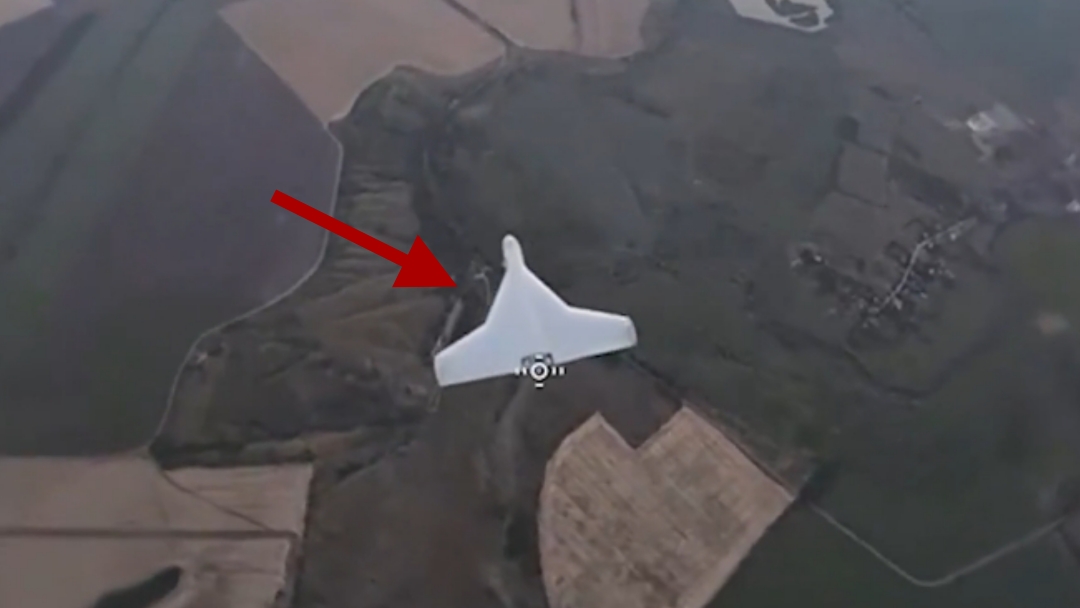NATO jets shoot down Russian drones in Poland—but NATO believes it’s not an attack

NATO is not treating Russia’s deliberate drone incursion into Polish territory as an attack, a NATO source told Reuters. This unprecedented revelation comes after a large overnight operation involving both Polish and NATO aircraft to intercept incoming Russian drones.
Ukraine’s Air Force reported that Russia launched 415 drones and 43 missiles in total during the overnight assault. Ukrainian President Volodymyr Zelenskyy says at least eight Shahed explosive drones were “aimed toward Poland.” Calling it “an extremely dangerous precedent for Europe,” he urged a strong, united response from Ukraine’s partners in Europe and the United States.
Ukrainian airspace monitoring channels reported that some of the Russian drones that initially entered Poland later returned to Ukraine.
NATO downplays Russia’s deliberate drone strike on Poland
Despite clear indications of intent, NATO is not treating the airspace violation as an act of aggression, a source within the Alliance told Reuters. The source added that initial indications suggested an intentional incursion of six to ten Russian drones overnight on 10 September. NATO radars tracked the drones, and a coordinated operation involving Polish F-16s, Dutch F-35s, Italian AWACS surveillance planes, and mid-air refueling aircraft was launched.
“It was the first time NATO aircraft have engaged potential threats in allied airspace,” the source said.

Poland shoots down Russian drones, closes 4 airports in “unprecedented” border violation
European leaders condemn Russia and express solidarity with Poland
European Commission President Ursula von der Leyen described the drone strikes as “a reckless and unprecedented violation of Poland and Europe’s airspace.” Speaking to the European Parliament in Strasbourg, she declared full European solidarity with Poland and announced a new Qualitative Military Edge program to boost Ukrainian defense capabilities.
French President Emmanuel Macron labeled the airspace breach “simply unacceptable.” In a post on X, he promised to raise the issue with NATO Secretary General Mark Rutte, stating, “We will not compromise on the security of the Allies.”
British Prime Minister Keir Starmer called Russia’s drone attack “extremely reckless” and said it highlighted “Putin’s blatant disregard for peace.” He confirmed direct communication with Polish Prime Minister Donald Tusk and thanked NATO and Polish forces for their swift response.
European Union foreign policy chief Kaja Kallas said that early indications suggested the drone entries into Polish territory were intentional.
Poland details the scale of airspace violation and defensive actions
Prime Minister Donald Tusk said 19 drones entered Polish airspace overnight, with many of those flying in from Belarus. According to Tusk, four were probably shot down, with the last interception occurring at 6:45 a.m. Poland’s military command stated that more than 10 drones had been tracked and that those posing a threat were neutralized.
The military described the repeated violations as “an act of aggression.” Airports in Warsaw, Lublin, and two other cities were closed during the threat. Polish authorities urged residents in Podlaskie, Mazowieckie, and Lublin regions to remain indoors. NATO air command and Dutch F-35s provided assistance throughout the operation.
Czechia and Lithuania express alarm, call out Russian provocation
Czech Prime Minister Petr Fiala said the incident was “a test of the defense capabilities of NATO countries.” He called it deliberate and said Putin’s regime “systematically probes how far it can go.” Fiala reaffirmed Czech solidarity with Poland and warned against voices downplaying Russia’s aggression.
Lithuanian foreign minister Kestutis Budrys, however, told Reuters that there was no confirmed evidence yet that the drone strike was intentional. However, he stressed that Russia remains responsible for keeping its drones out of NATO territory.
Belarus and Moscow close ranks and deny responsibility
Russia and Belarus, longtime anti-Ukrainian allies, dismissed the accusations. Russia’s chargé d’affaires in Poland, Andrey Ordash, was summoned by the Polish foreign ministry. He told Russia’s RIA state news agency, “We see the accusations as groundless,” claiming Poland had presented no evidence linking the Russian drones to Russia.
Belarusian Chief of the General Staff Major General Pavel Muraveiko attempted to shift blame for Russia’s deliberate attack on Poland toward Ukraine. He claimed Belarus had allegedly shot down drones that had strayed into its airspace due to Ukrainian electronic interference. Without specifying their origin, he claimed that both Poland and Lithuania had been warned about the drones’ approach.
Read also
-
Poland shoots down Russian drones, closes 4 airports in “unprecedented” border violation
-
ISW: Russia’s playbook for invading Ukraine now aimed at Finland — same lies, same threats, new target
-
Poland finds what appears to be a Russian drone near Belarus border—officials won’t say if it was tracked on radar
